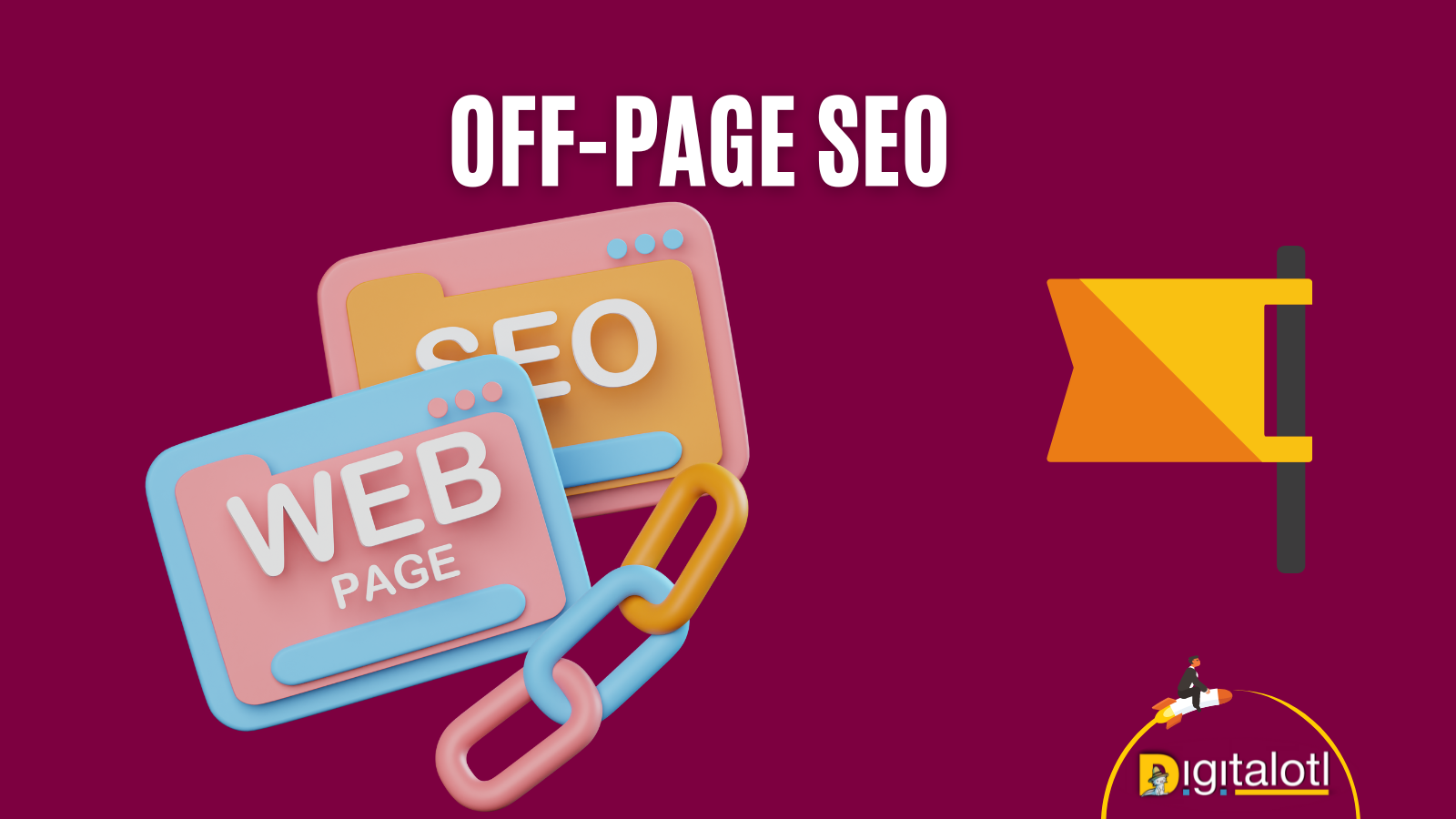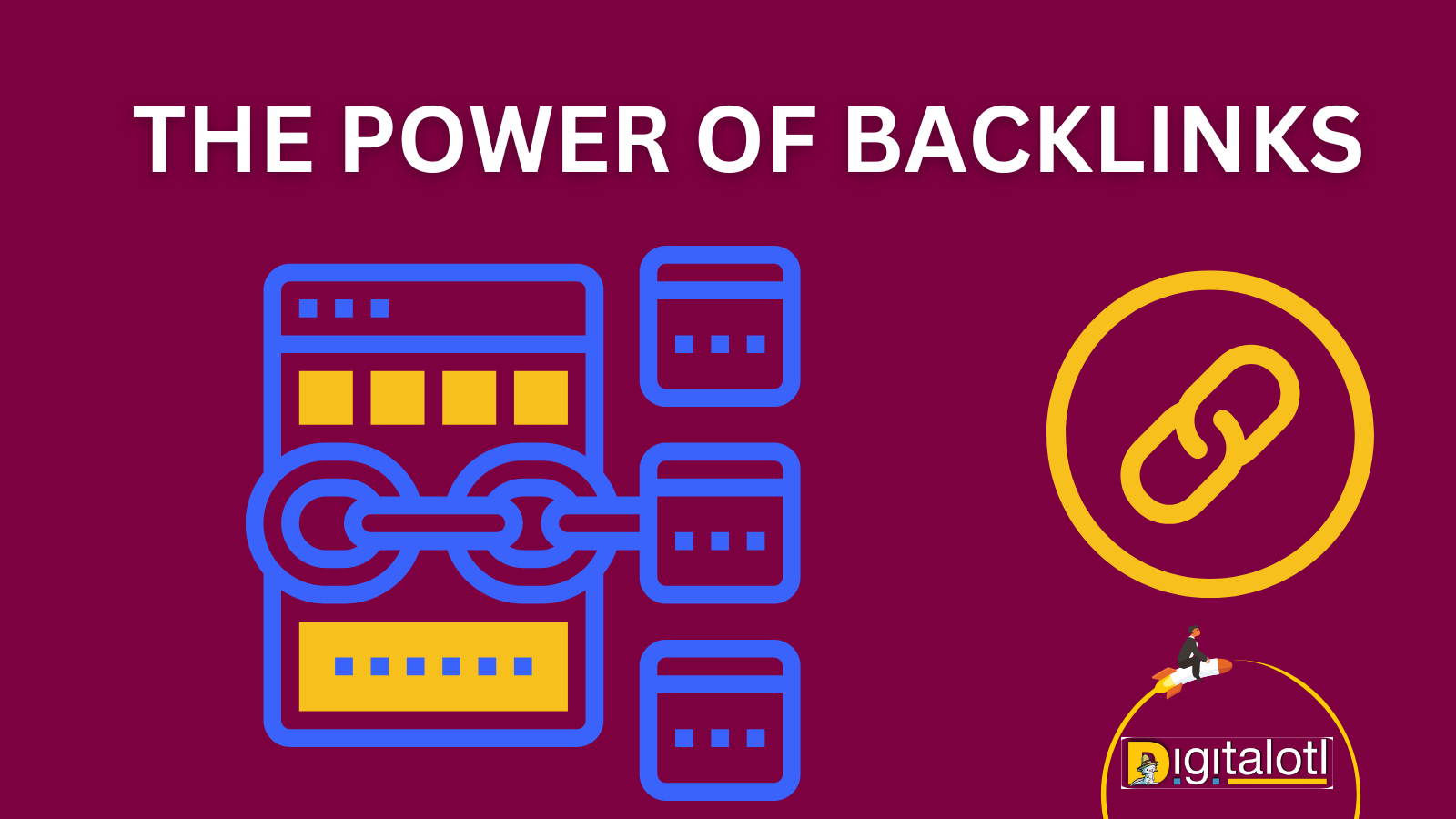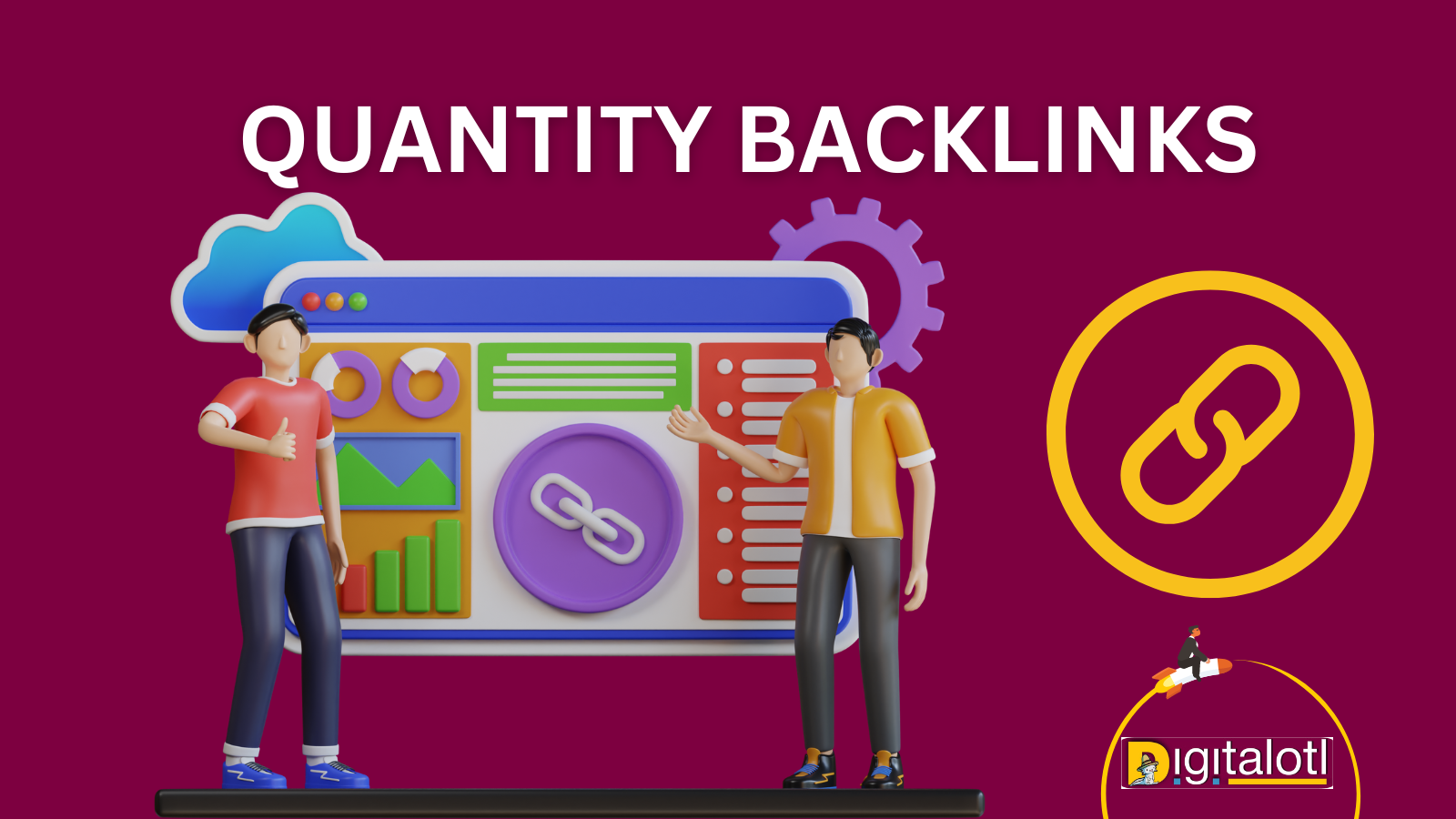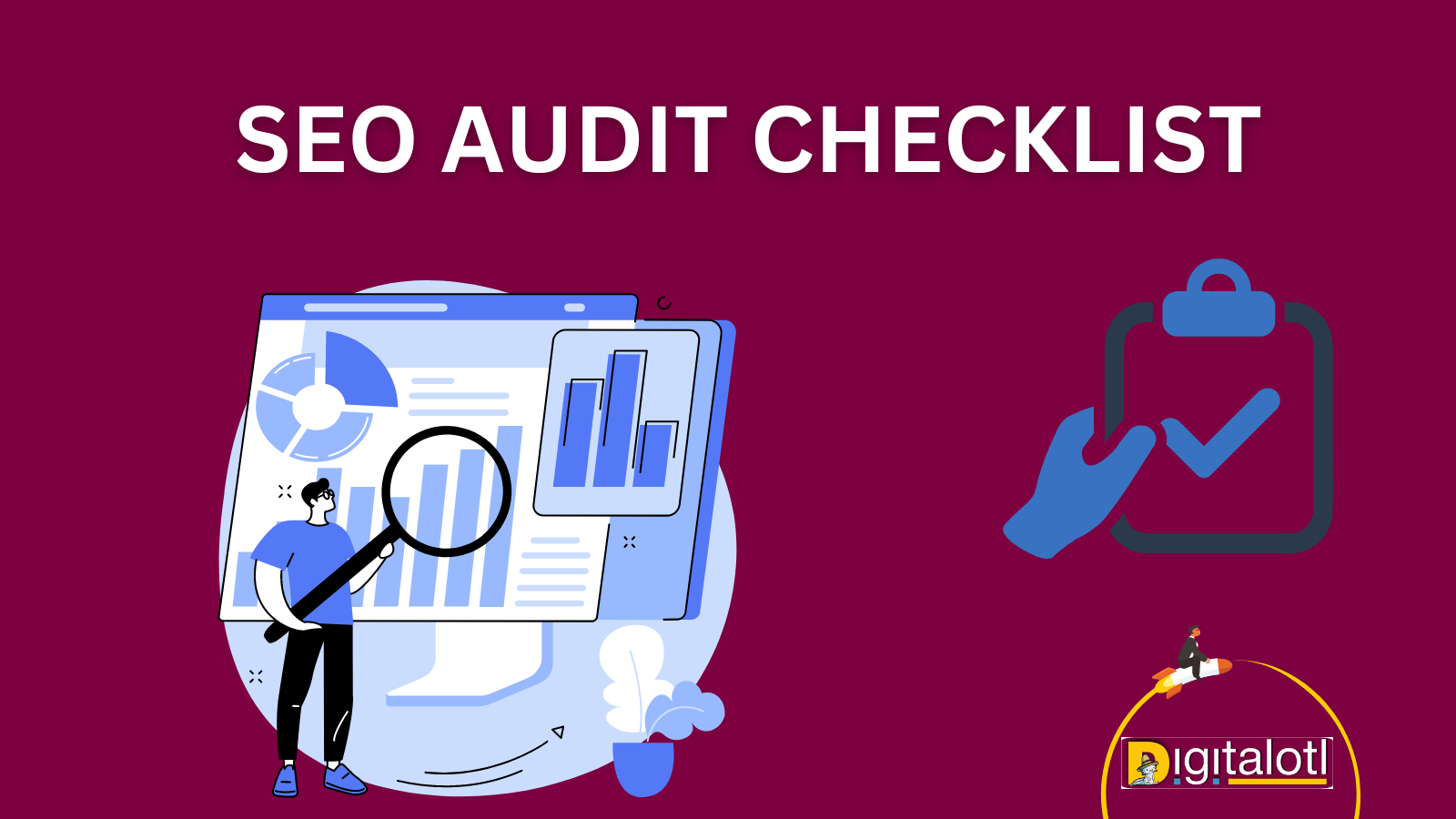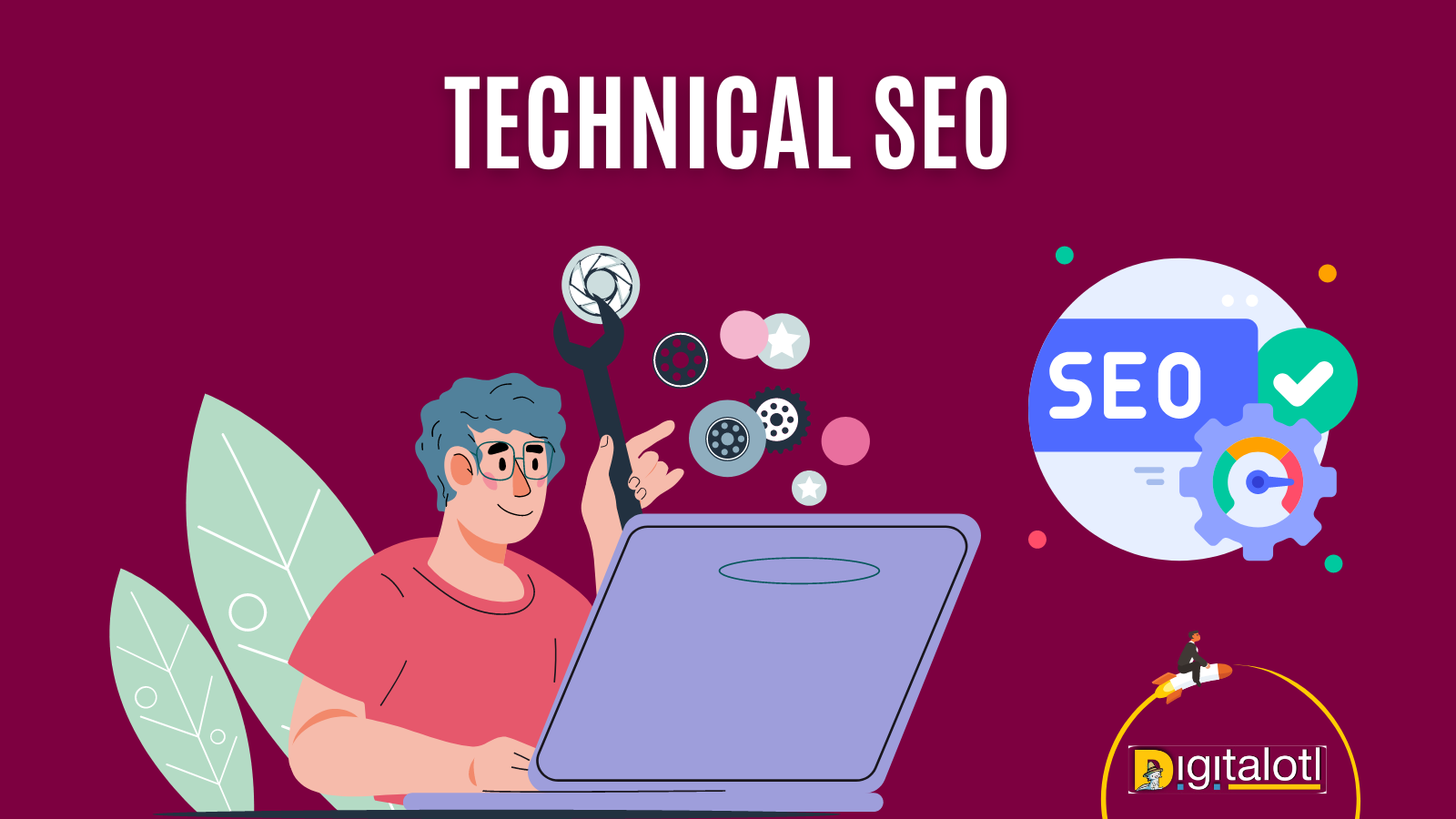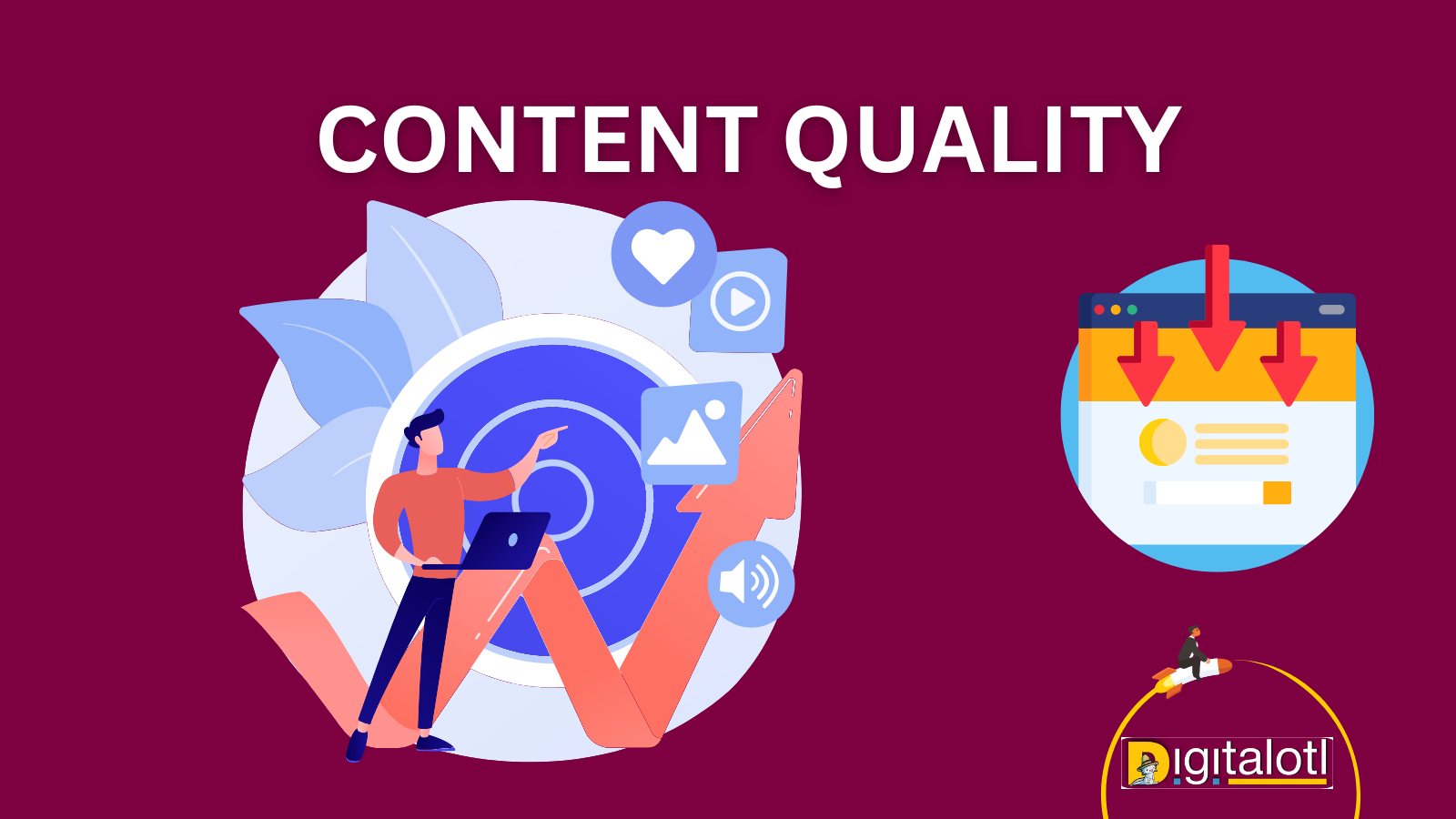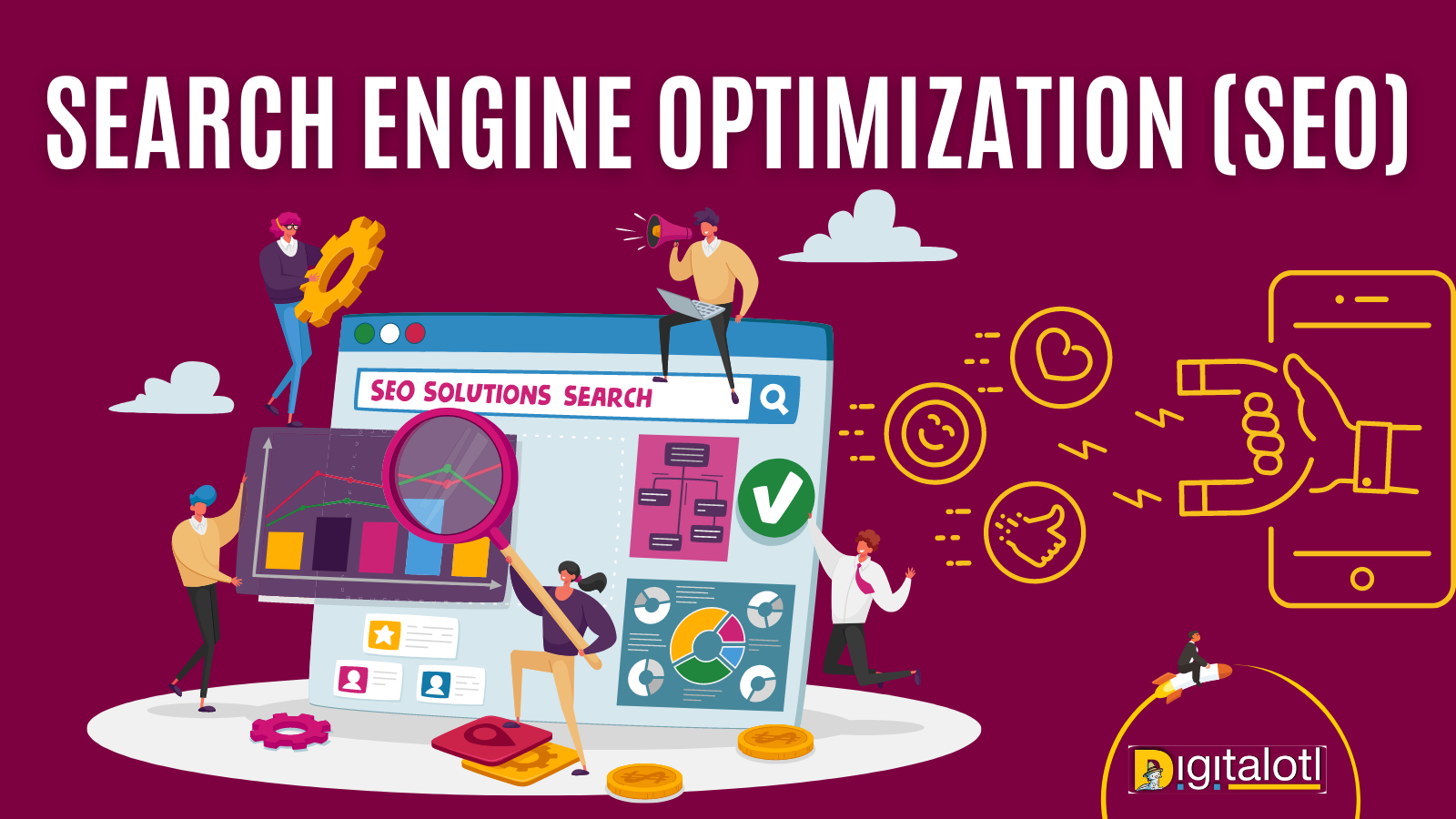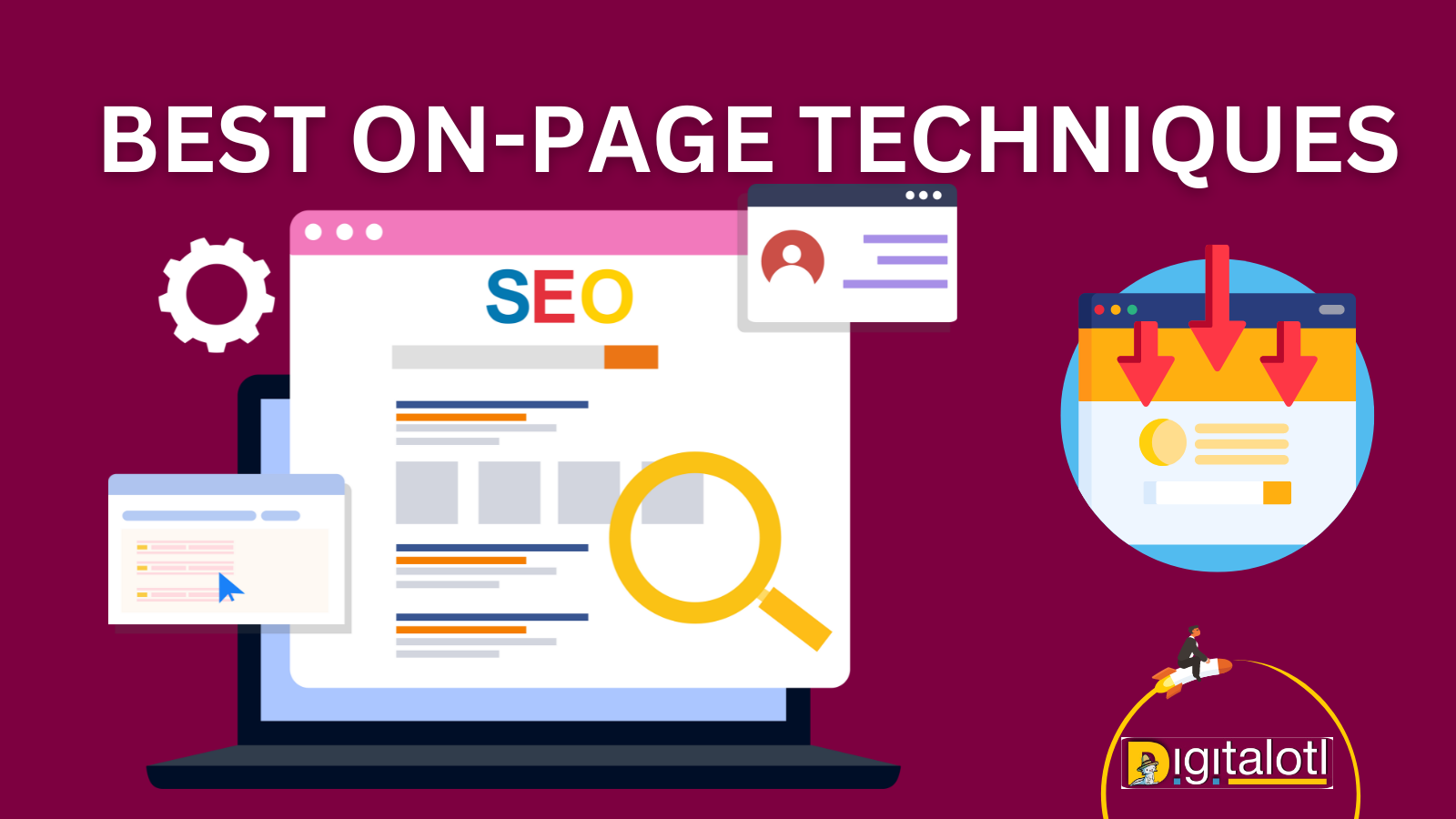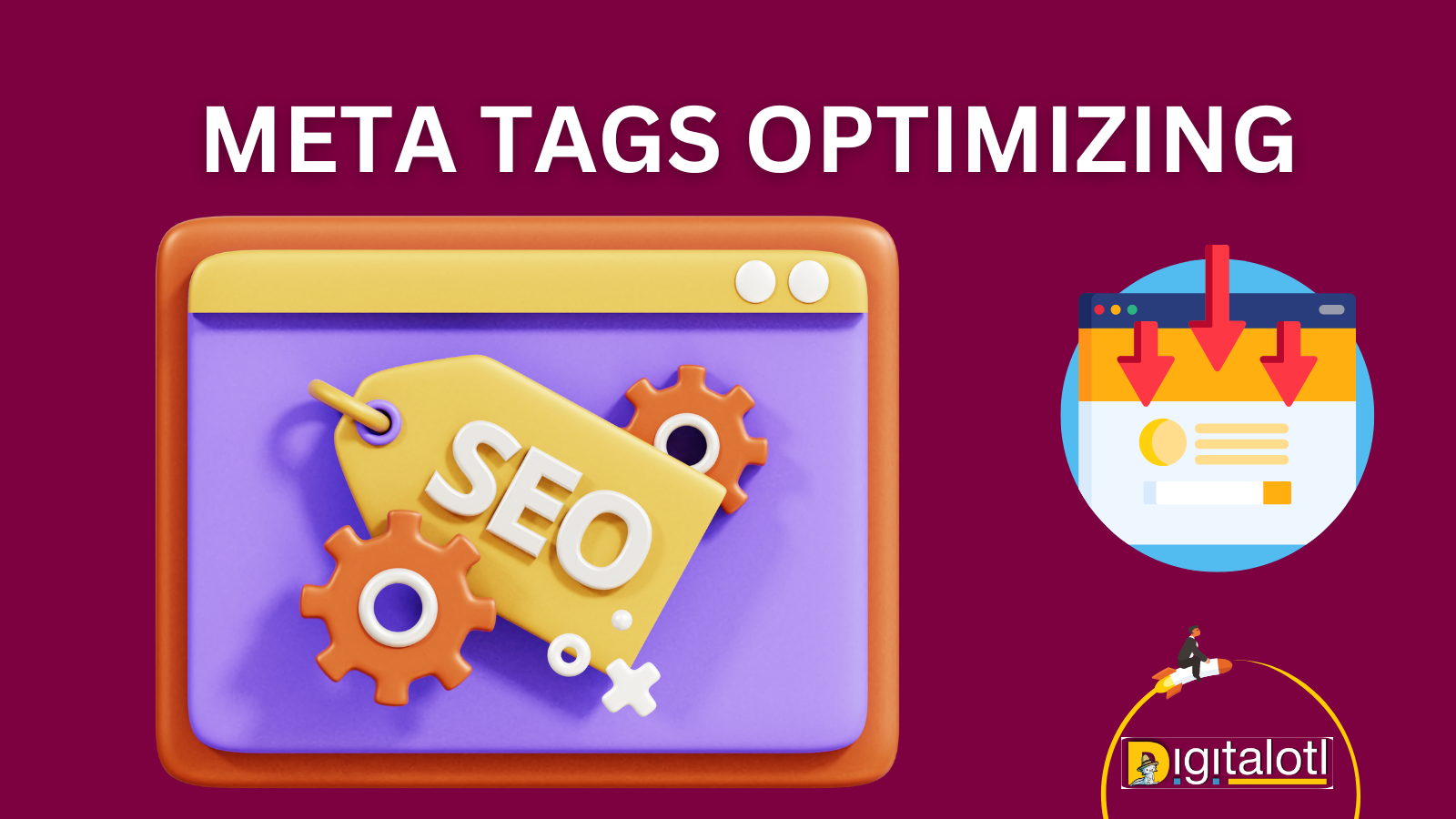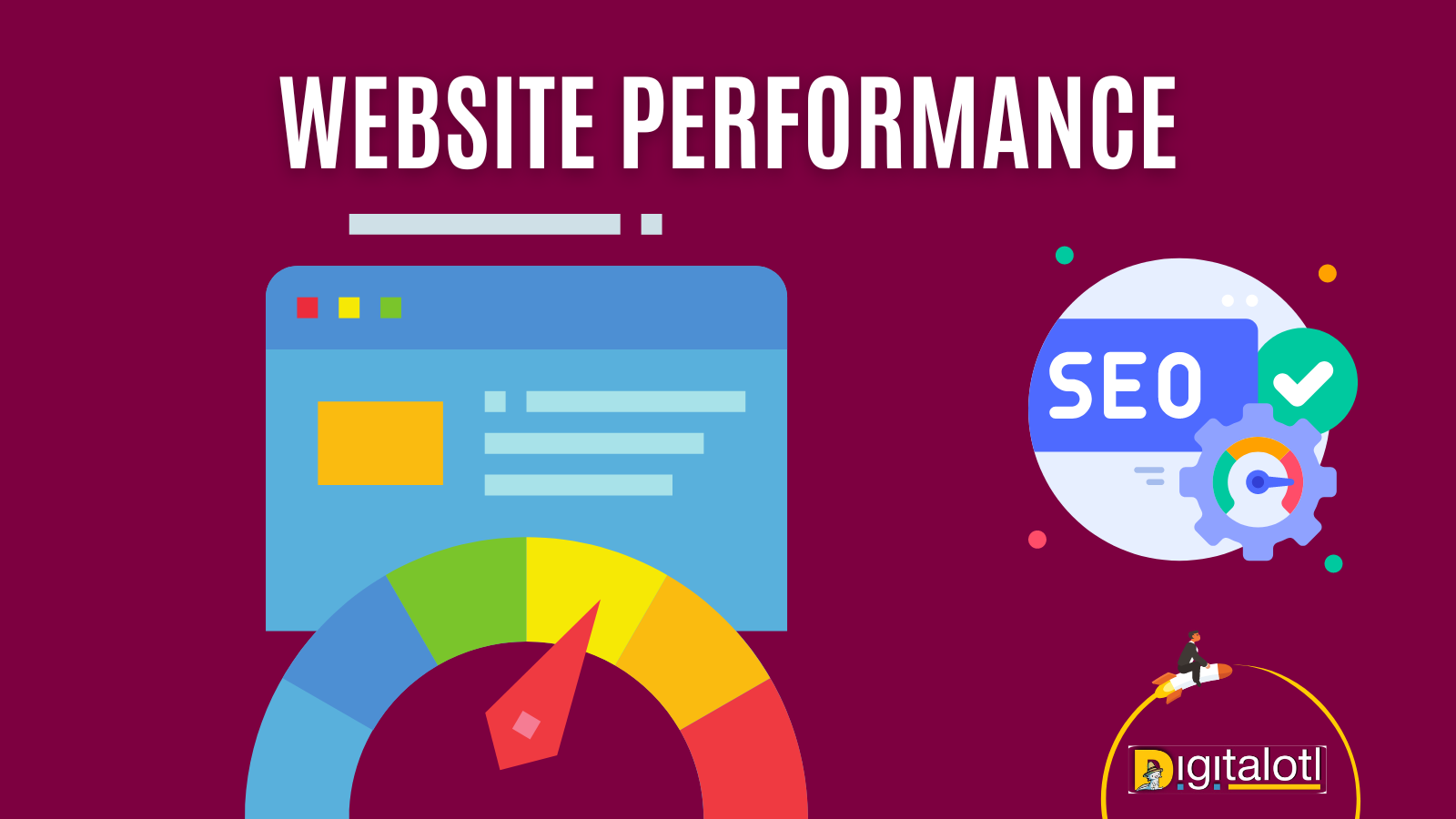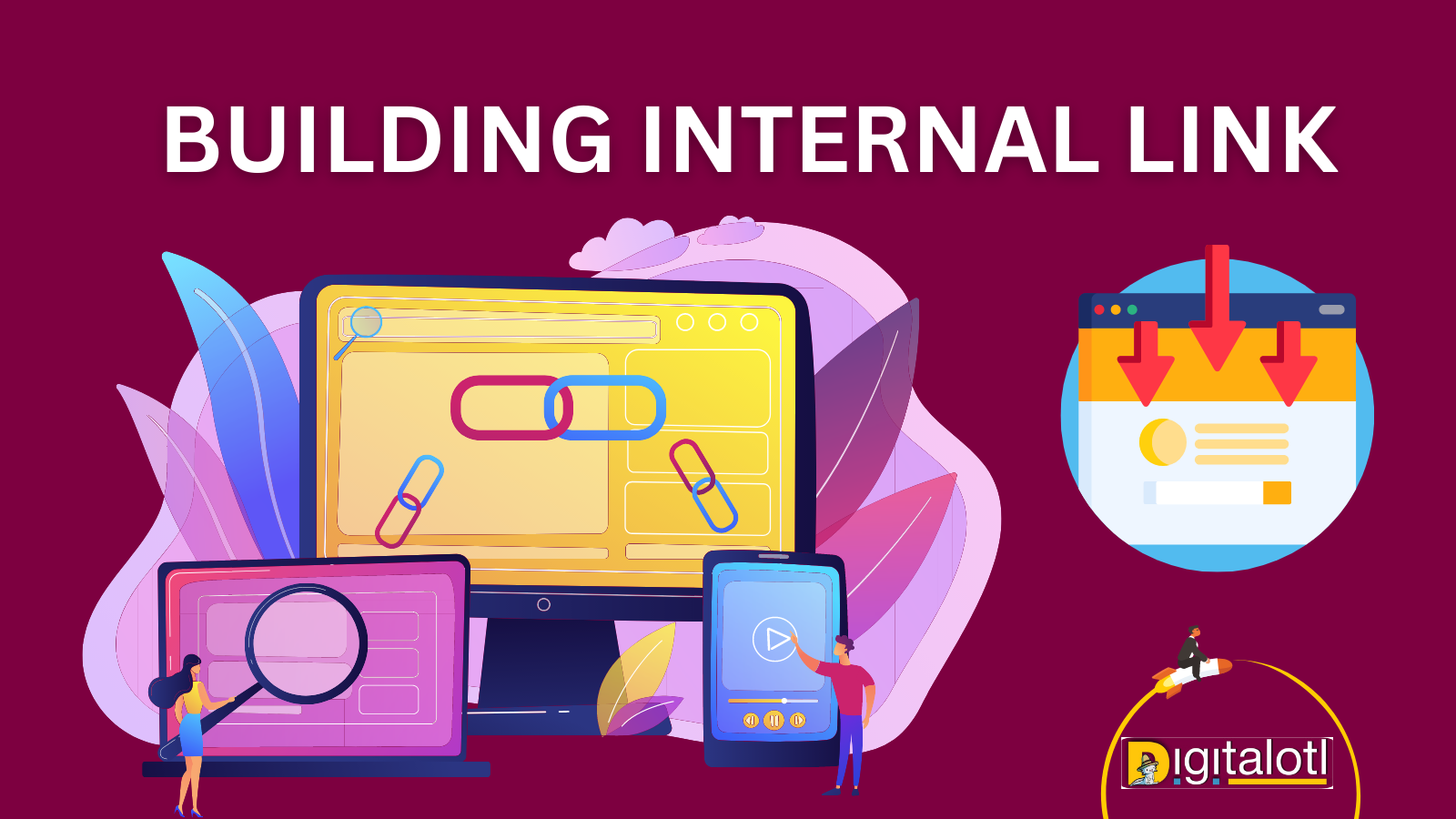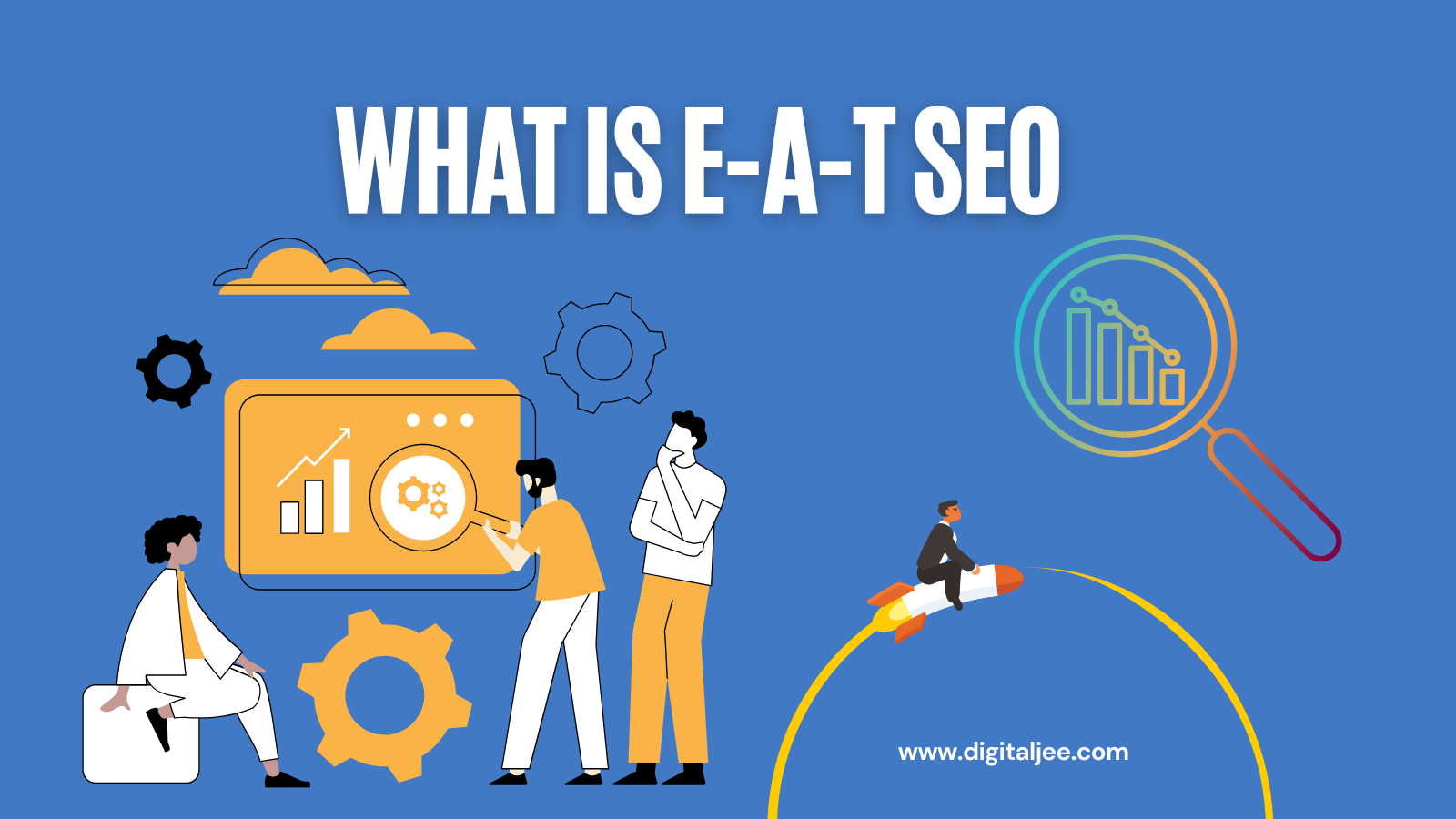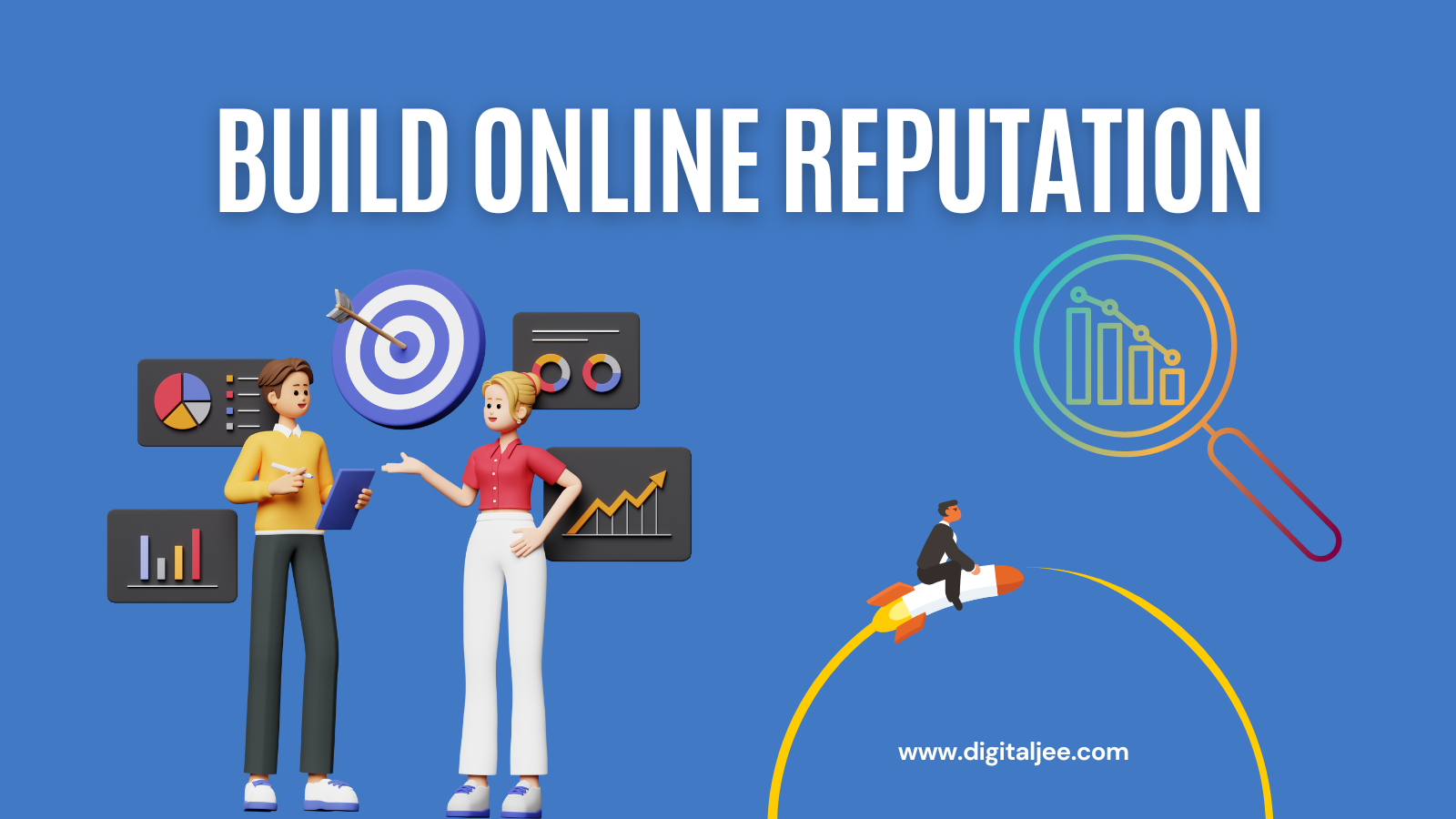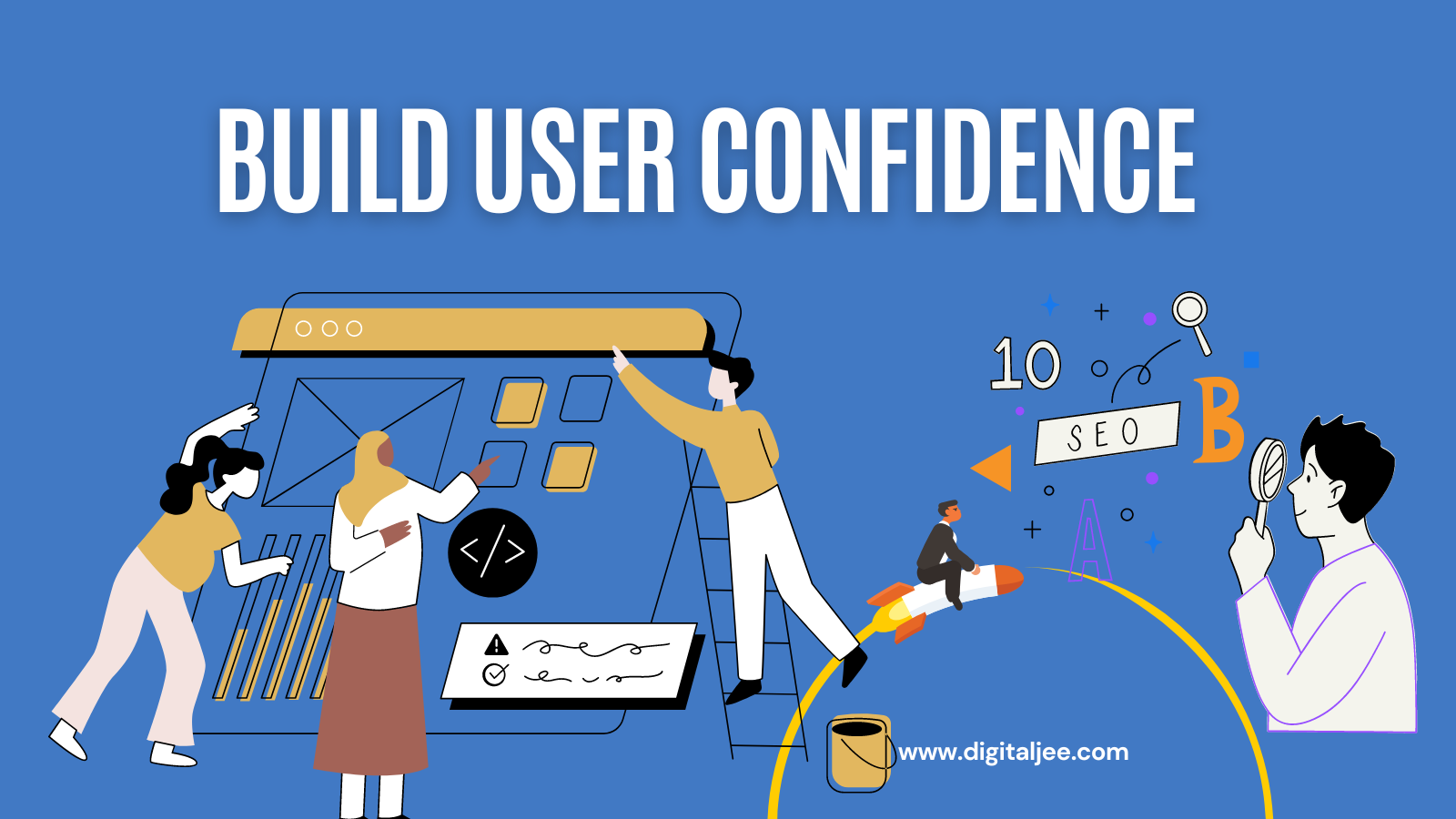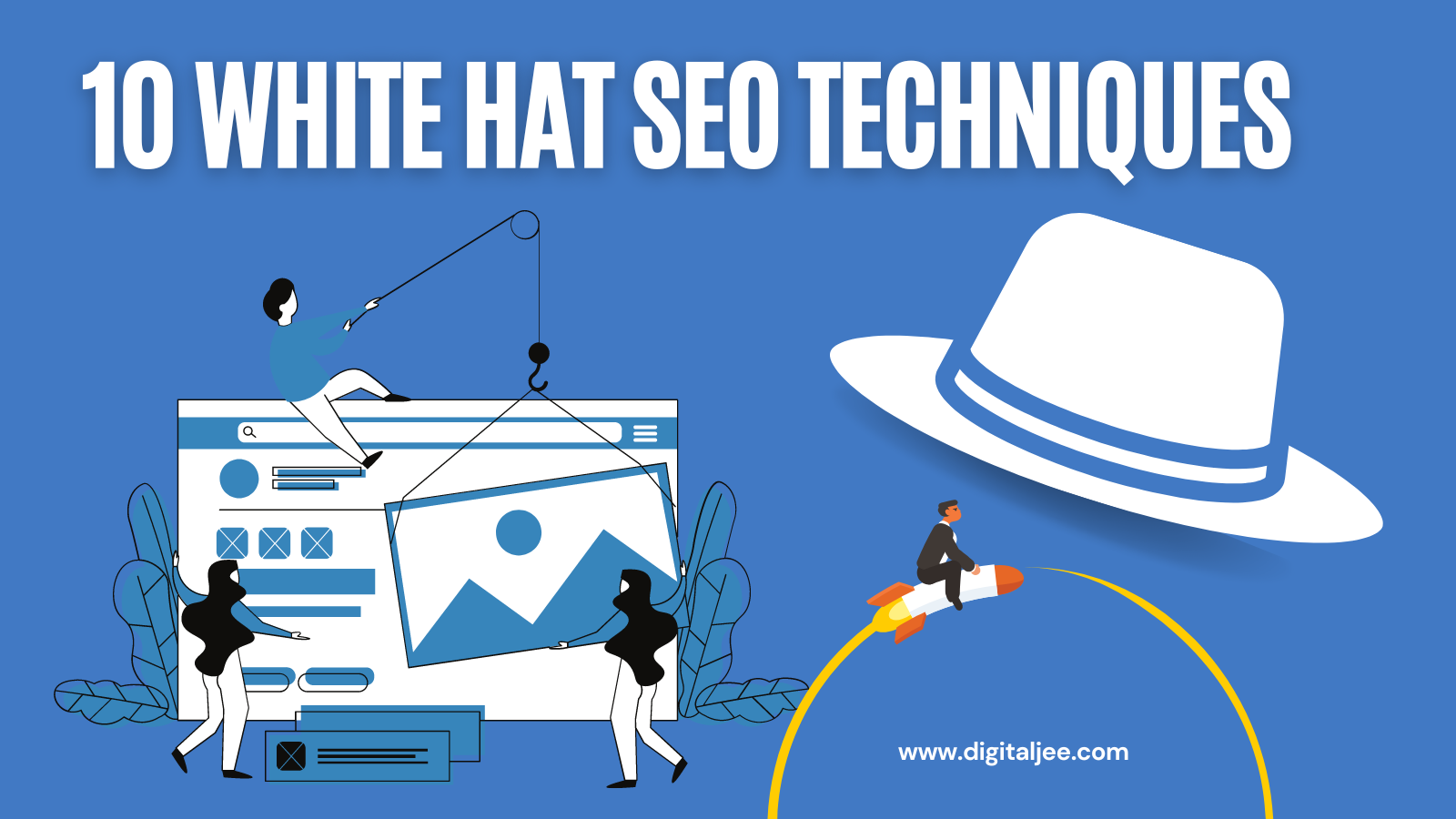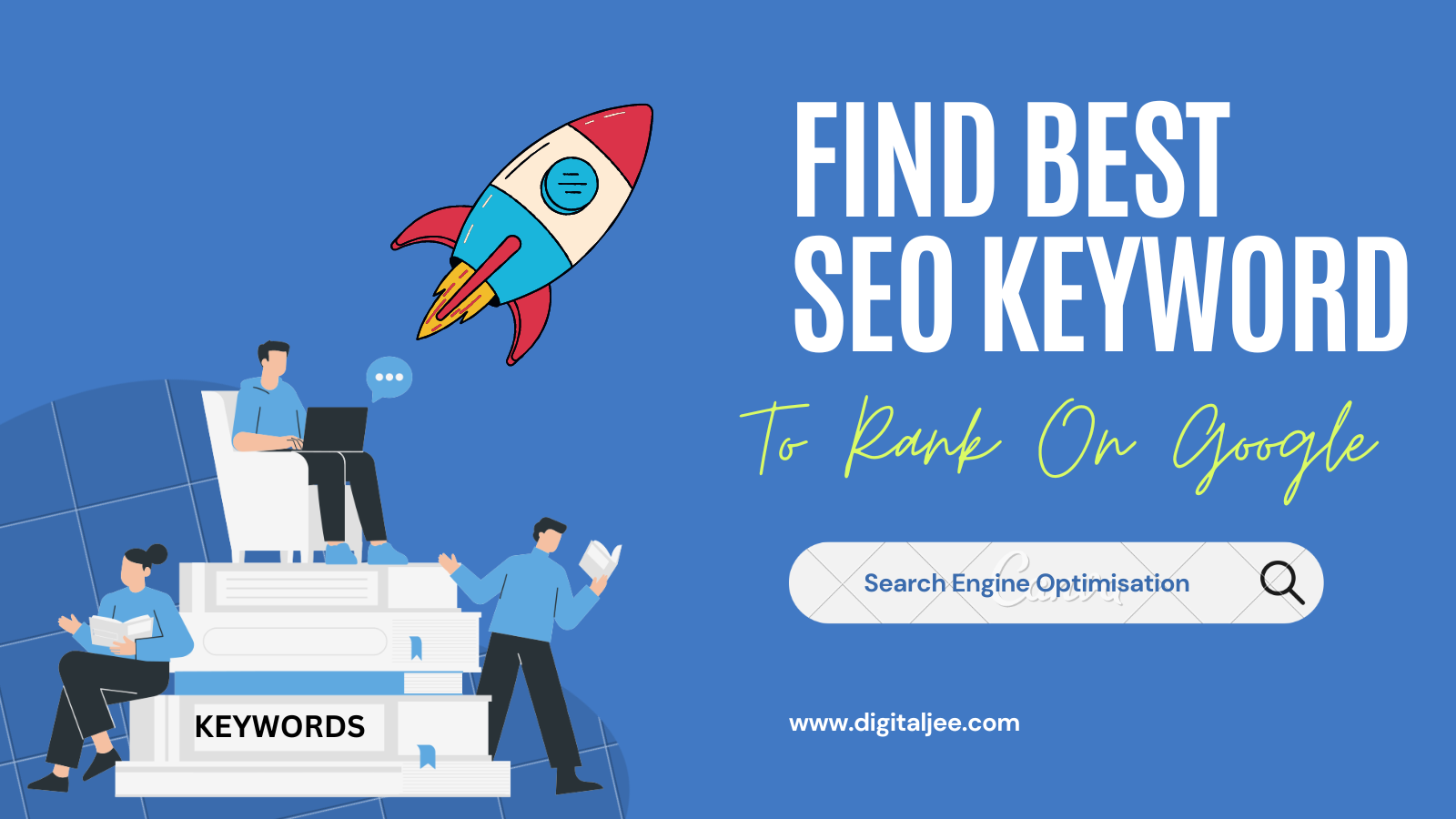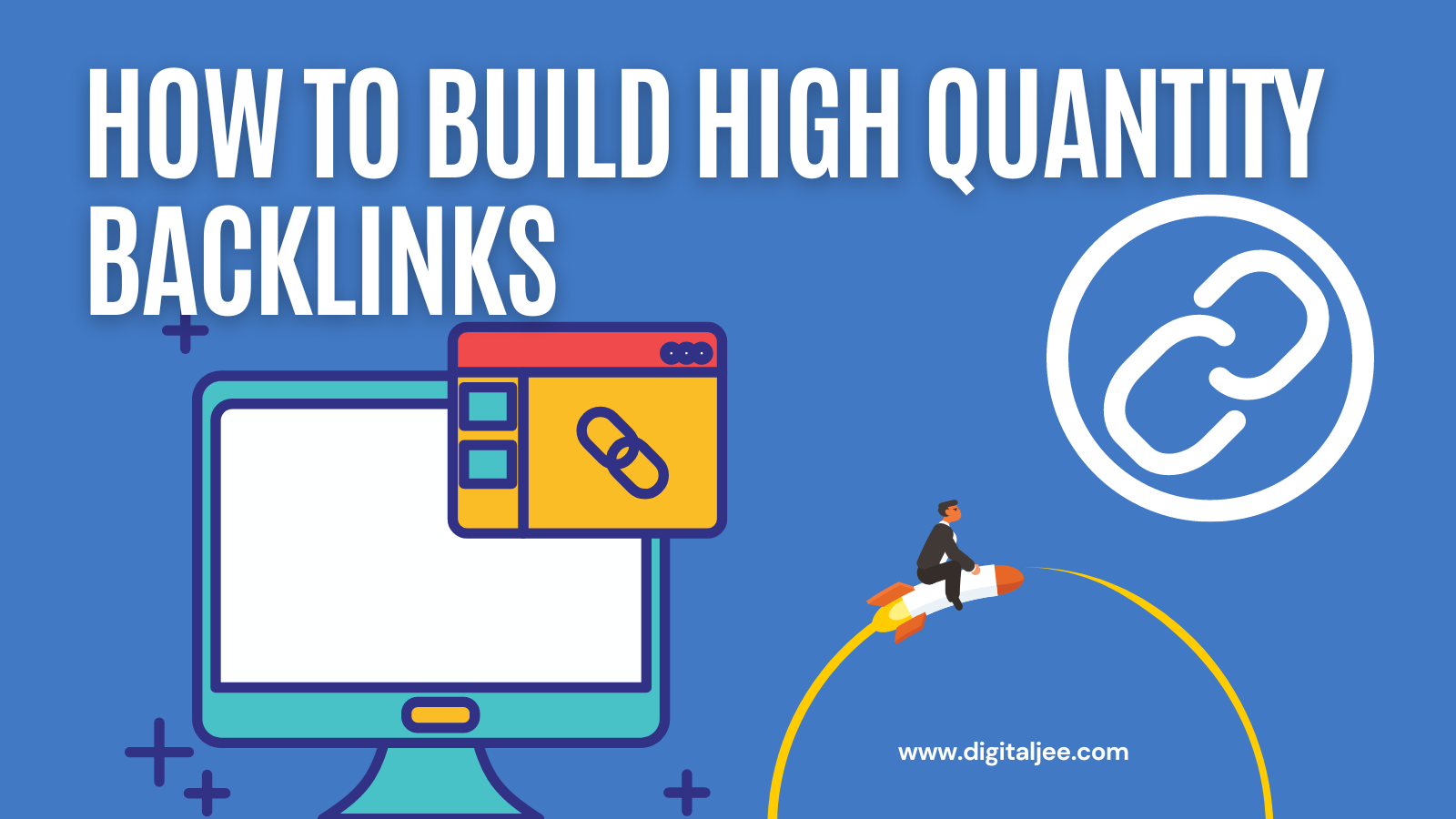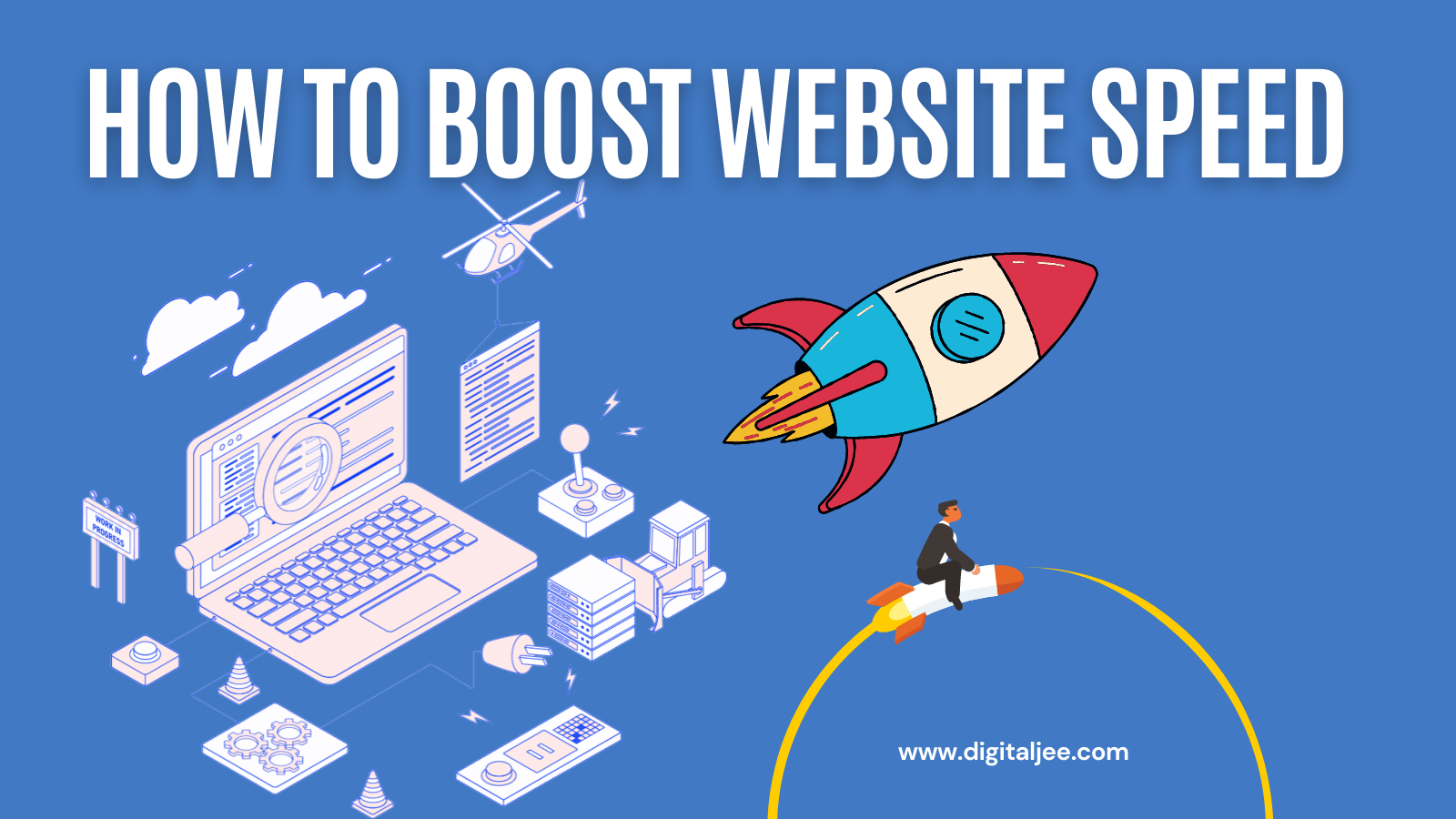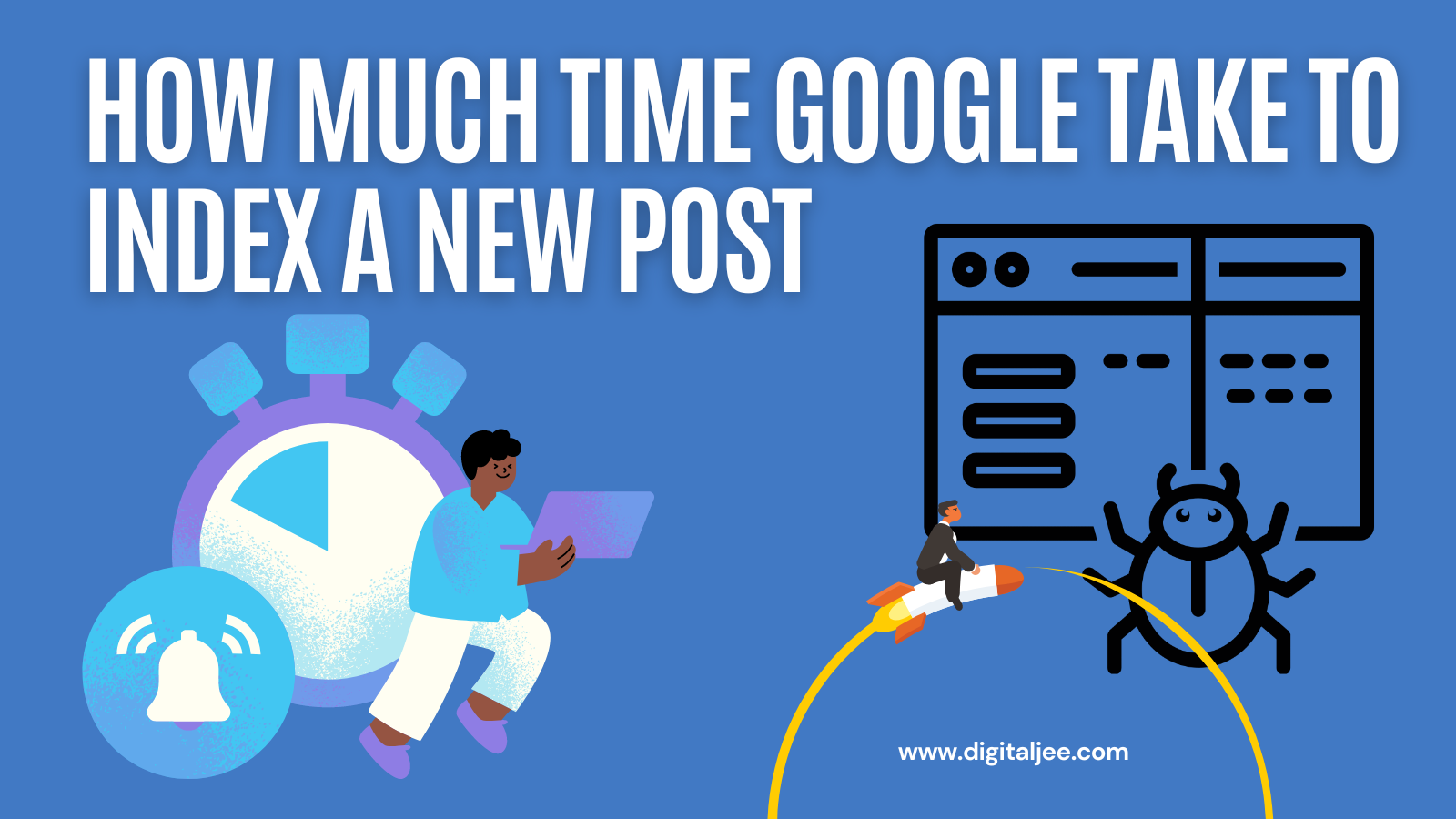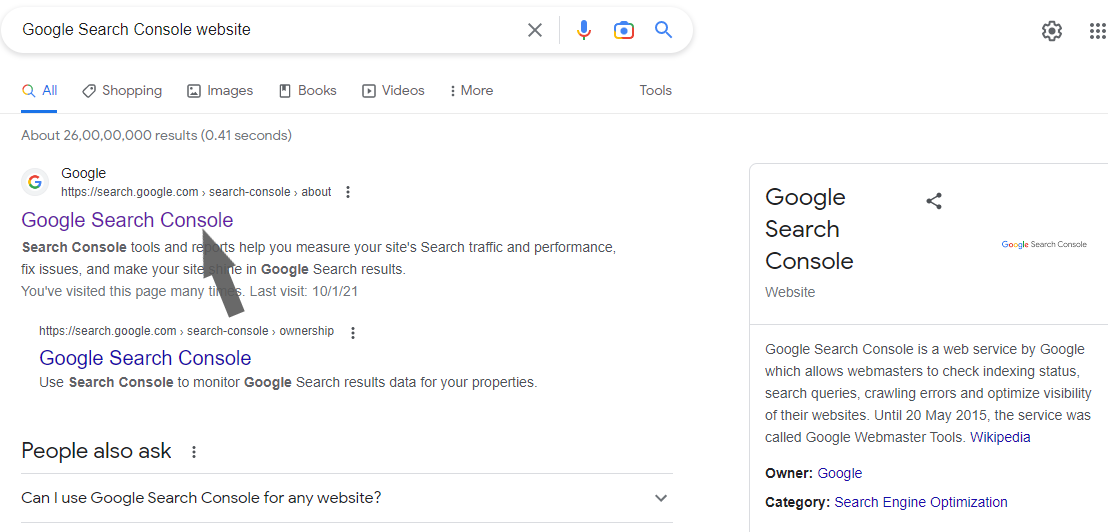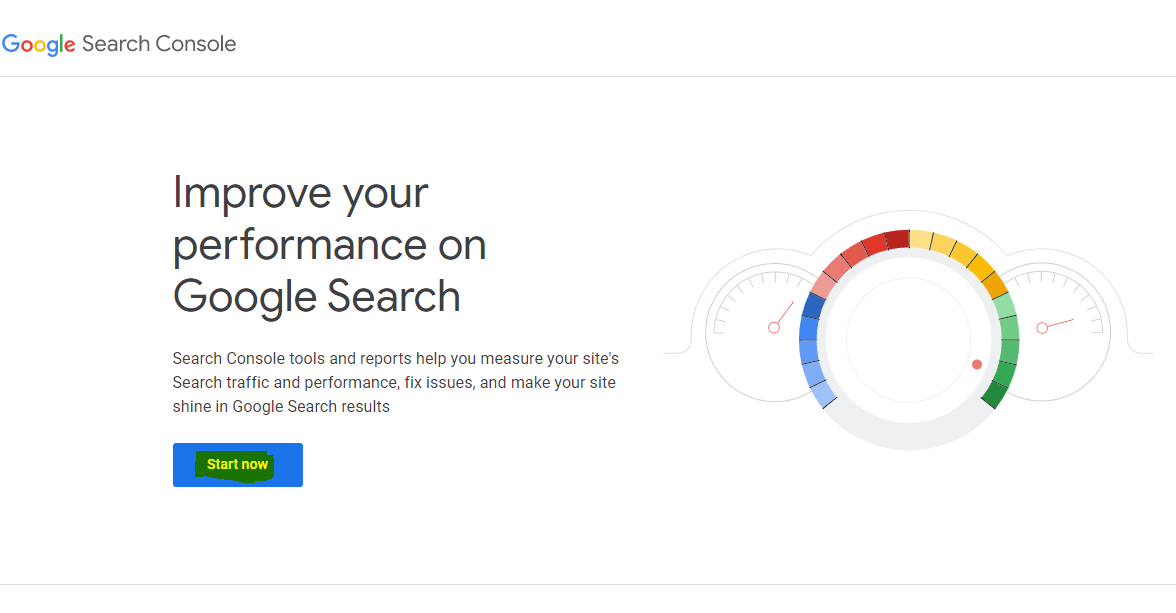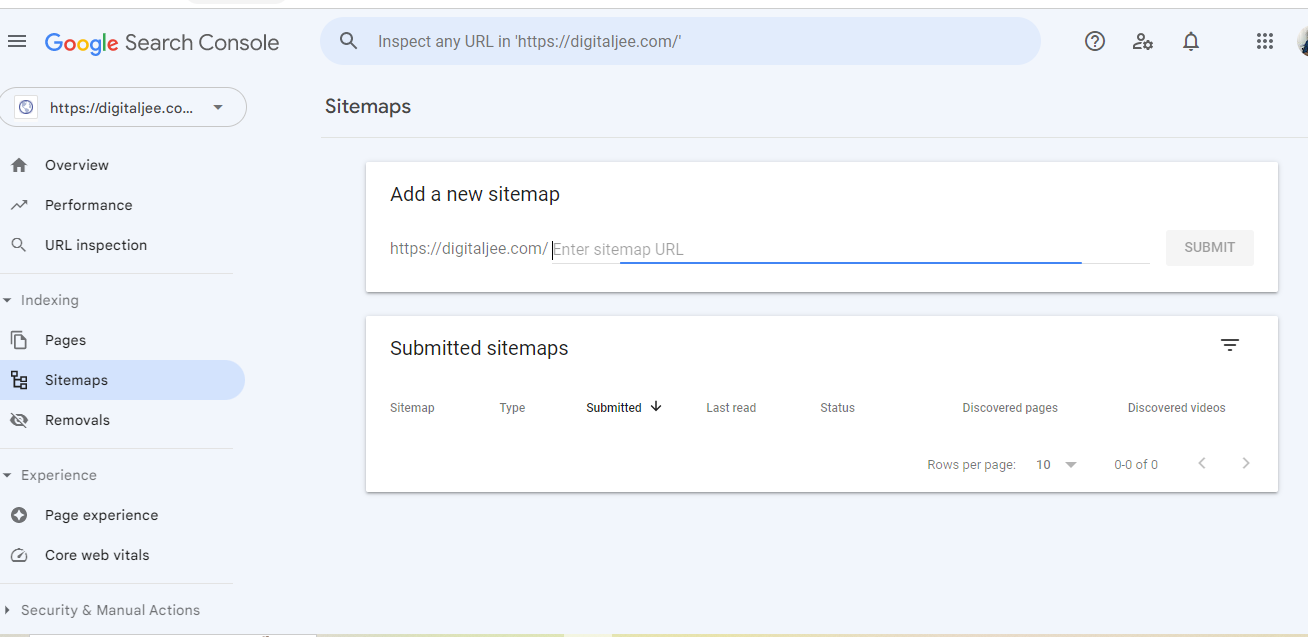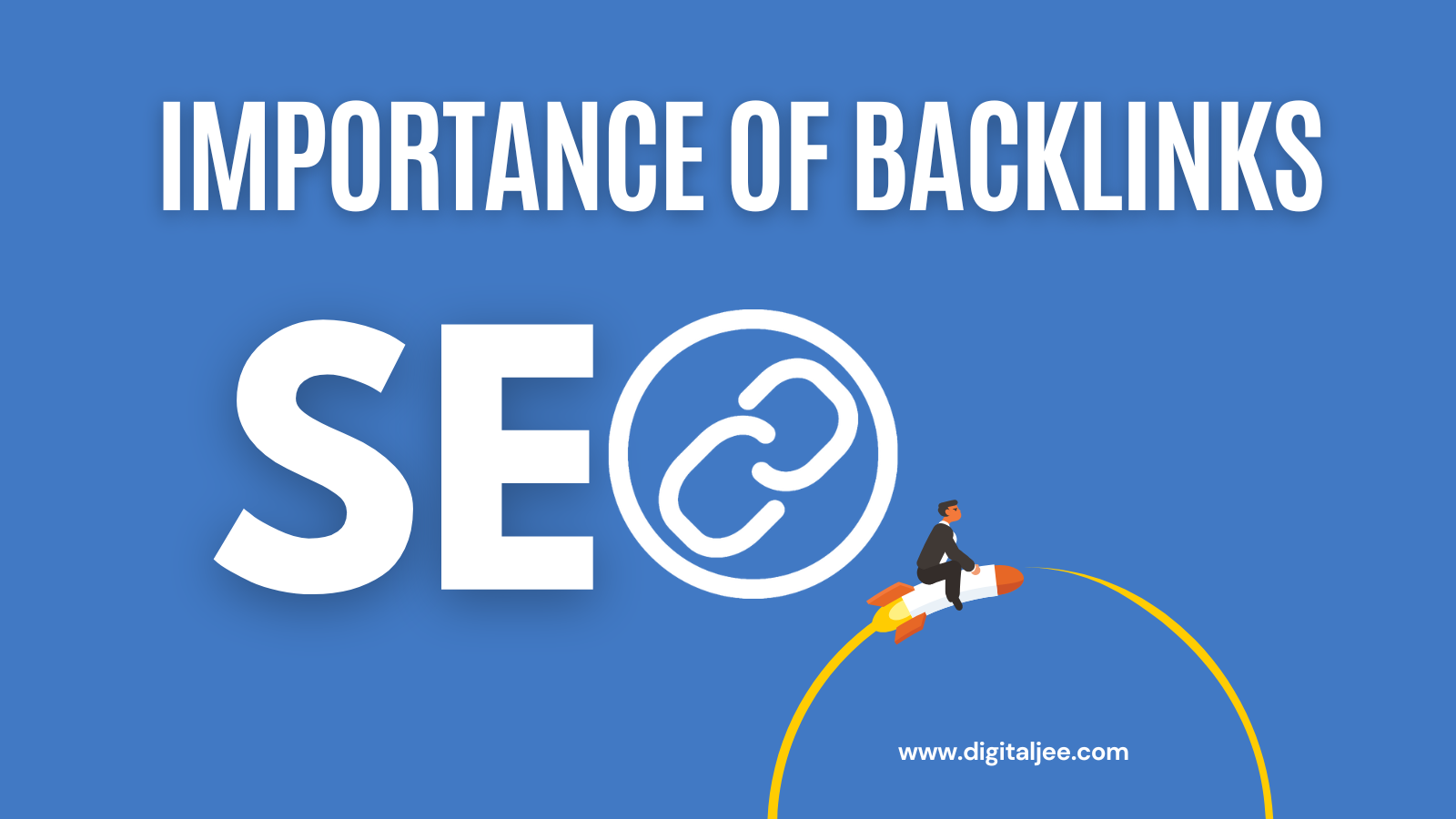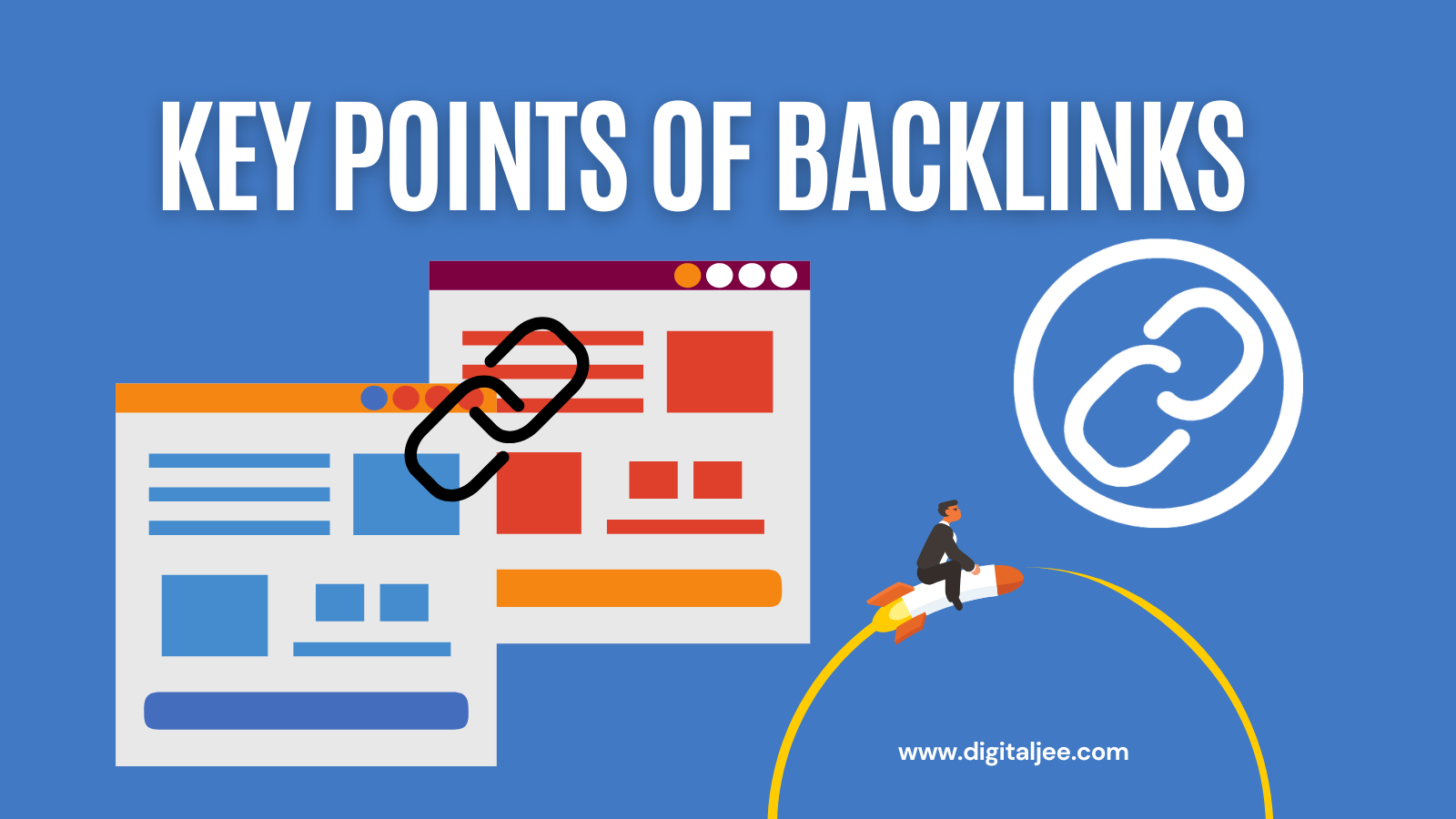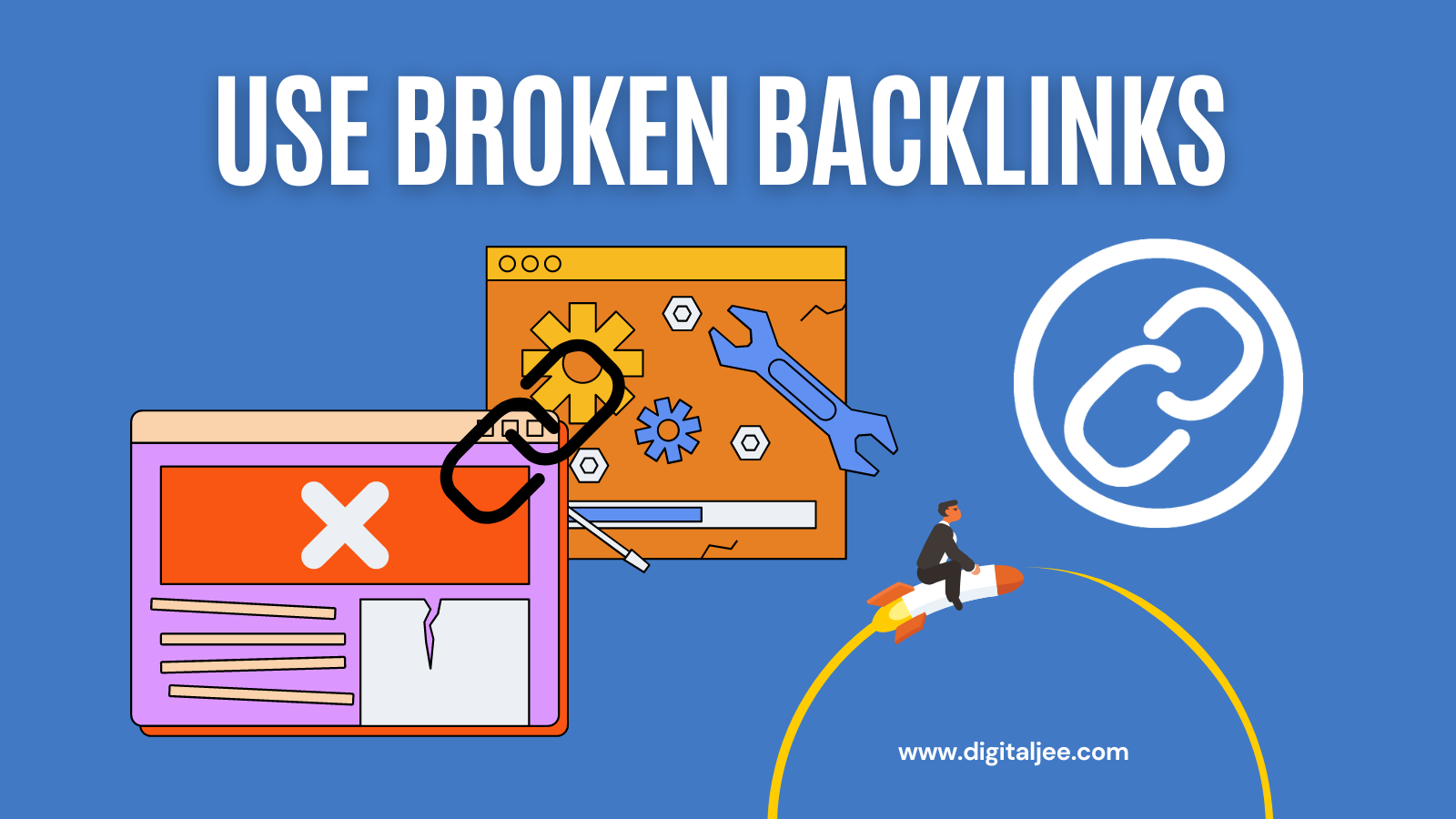In today’s highly competitive digital landscape, having a strong online presence is essential for businesses to succeed. Enhancing a website’s visibility and driving organic traffic are significantly influenced by the vital role played by Search Engine Optimization (SEO). While on-page SEO focuses on optimizing the content and structure of a website, off-page SEO strategies are equally important for establishing authority and reputation.
Off-page SEO refers to activities conducted outside of your website that impact its search engine rankings. It involves building high-quality backlinks, enhancing social signals, and managing online reputation. By implementing effective off-page SEO techniques, you can boost your website’s credibility, increase visibility, and outrank your competitors in Google search results.
Table of contents
- High-Quality Backlinks: The Backbone of Off-Page SEO
- Social Signals: Amplifying Your Online Presence
- Online Reputation Management: Establishing Trust and Credibility
- Influencer Marketing: Leveraging the Power of Authority Figures
- Brand Mentions: Increasing Brand Awareness and Visibility
- Conclusion
- Frequently Asked Questions (FAQs)
High-Quality Backlinks: The Backbone of Off-Page SEO

Consider backlinks as digital endorsements, akin to votes of confidence from external websites, communicating to search engines the value and reliability of your content. However, not all backlinks are created equal. To gain a competitive edge, you need to focus on acquiring high-quality backlinks from authoritative and relevant sources.
One effective way to build backlinks is through guest blogging. By contributing insightful and well-crafted articles to reputable websites in your niche, you can earn backlinks that drive targeted traffic to your website. Additionally, participating in industry forums and engaging in influencer outreach can help you secure valuable backlinks.
Social Signals: Amplifying Your Online Presence
These days Social media has become an integral part of our lives, and it also plays a significant role in off-page SEO. Social signals, such as likes, shares, and comments, provide search engines with valuable insights into your website’s popularity and relevance. Therefore, it’s crucial to develop a robust social media presence and actively engage with your audience.
The generation of social signals heavily relies on the creation of highly shareable content. Craft compelling articles, infographics, and videos that resonate with your target audience and encourage them to share your content on their social media platforms. Engage in conversations, respond to comments, and foster a community around your brand. The more social signals you generate, the higher your website’s authority will be in the eyes of search engines.
Online Reputation Management: Establishing Trust and Credibility
A positive online reputation is vital for building trust with both search engines and users. Effective online reputation management involves monitoring and addressing customer feedback, managing reviews, and showcasing testimonials. By actively managing your online reputation, you can enhance your website’s credibility and attract more organic traffic.
Encourage satisfied customers to leave reviews on popular review platforms, such as Google My Business, Yelp, or industry-specific directories. Demonstrate your unwavering dedication to customer satisfaction by promptly and professionally addressing both positive and negative reviews. Implementing schema markup can also help search engines display star ratings and review snippets in search results, further boosting your website’s visibility and click-through rates.
Influencer Marketing: Leveraging the Power of Authority Figures

Influencer marketing is a powerful off-page SEO strategy that involves collaborating with influential individuals in your industry. By leveraging their authority and reach, you can expand your brand’s visibility, attract new audiences, and gain valuable backlinks.
Identify thought leaders and influencers in your niche who have a significant following and align with your brand values. Build relationships with them by providing value, engaging with their content, and offering mutually beneficial collaborations. This could include guest appearances on their podcasts, interviews, or co-creating content that positions both parties as experts. Through these partnerships, you can tap into their audience and establish yourself as a trusted authority in your field.
Brand Mentions: Increasing Brand Awareness and Visibility
Brand mentions are citations of your brand or website on other websites, even without a backlink. Although they may not directly impact search engine rankings, they contribute to increasing brand awareness and driving referral traffic. Therefore, monitoring brand mentions and actively seeking opportunities for mention building is crucial.
Engage in PR activities, such as press releases or expert commentary, to increase the chances of your brand being mentioned by news outlets and authoritative websites. Participate in industry-specific directories and listings that feature your brand prominently. Monitor mentions of your brand across the web using tools like Google Alerts or social listening platforms, and engage with the websites mentioning you to foster stronger relationships and potential backlink opportunities.
Conclusion
In conclusion, off-page SEO is a critical component of building authority and reputation in the digital landscape. By focusing on acquiring high-quality backlinks, generating social signals, managing online reputation, leveraging influencer marketing, and increasing brand mentions, you can outrank your competitors and position your website as a trusted and authoritative source in Google search results.
Frequently Asked Questions (FAQs)
Q1. What is off-page SEO?
Off-page SEO refers to the strategies and activities conducted outside of your website to improve its search engine rankings. It includes building high-quality backlinks, managing online reputation, generating social signals, and increasing brand mentions.
Q2. Why is off-page SEO important?
Off-page SEO is crucial because it helps establish your website’s authority, reputation, and credibility. It signals to search engines that your content is valuable and trustworthy, leading to higher rankings and increased organic traffic.
Q3. How can I build high-quality backlinks?
To build high-quality backlinks, focus on guest blogging on reputable websites in your industry, participate in industry forums and discussions, engage in influencer outreach, and create valuable and shareable content that naturally attracts backlinks.
Q4. What are social signals, and how do they impact off-page SEO?
Social signals are actions on social media platforms, such as likes, shares, and comments, that indicate the popularity and relevance of your content. Generating social signals through active engagement and shareable content helps improve your website’s authority and visibility.
Q5. How can I manage my online reputation?
To manage your online reputation effectively, monitor and respond to customer feedback and reviews promptly and professionally. Encourage satisfied customers to leave reviews on popular platforms and utilize schema markup to showcase testimonials and ratings in search results.
Q6. What is influencer marketing, and how does it benefit off-page SEO?
Influencer marketing involves collaborating with influential individuals in your industry to expand your brand’s visibility and reach. By leveraging their authority and audience, you can gain valuable backlinks, attract new audiences, and position yourself as an industry expert.
Q7. Do brand mentions affect off-page SEO?
Yes, brand mentions contribute to off-page SEO by increasing brand awareness and driving referral traffic. While they may not directly impact search engine rankings, they play a vital role in establishing credibility and expanding your online presence.
Q8. How can I increase brand mentions?
To increase brand mentions, engage in PR activities like press releases, participate in industry-specific directories, and monitor mentions of your brand across the web. Building relationships with websites mentioning your brand can lead to further opportunities for mentions and potential backlinks.
Q9. How long does it take to see results from off-page SEO efforts?
The time it takes to see results from off-page SEO can vary depending on various factors, such as the competitiveness of your industry and the quality of your efforts. Generally, it takes time to build authority and reputation, but consistently implementing effective strategies can lead to noticeable improvements over time.
Q10. Can I solely focus on off-page SEO and neglect on-page SEO?
While off-page SEO is crucial for establishing authority and reputation, neglecting on-page SEO can limit your website’s overall success. Both on-page and off-page SEO work together to optimize your website’s visibility and rankings. It’s important to have a comprehensive SEO strategy that includes both aspects.

